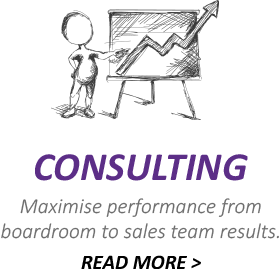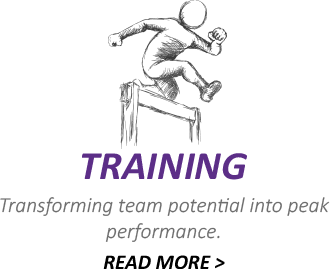As a sales manager one skill to master is the ability to give advice in a way that helps the other person to develop their own potential. Here are three key principles to excel in in this area.
- Discern the Real Situation.
In order to give good advice, we must understand the circumstances and viewpoint of the one seeking assistance. To illustrate: If someone called you and asked for the best way to get to your home, what would you need to know in order to help? Could you advise him of the best route to take without first knowing his present location? Of course, not! Likewise, providing proper guidance requires discerning the present “location” – the circumstance and viewpoint – of the one seeking direction. Could there be extenuating circumstances that might affect our response? Without proper knowledge of a situation, we might give advice that causes a person to become even more confused.Determine How Much Research He Has Done.
It may also we wise to ask the person seeking advice such questions as: “What principles do you think apply?” “What are the apparent advantages and disadvantages of the options before you?” “What research have you already done?” “What help have others, already provided you?”
The answers may help us to discern how much effort the person has already put into finding an answer. Also, our counsel will take into account what others may already have said. We may also discern whether the person is basically seeking advice that will ‘tickle his ears’ with the advice he wants to hear.
- Avoid Hasty Responses.
With good intentions, we may respond quickly. But would that usually be wise, especially if we are discussing a topic we have not thoroughly researched? Take the time to make sure that your approach is in full harmony with company practice and current industry regulations and employment law. If you are put on the spot don’t be afraid to say you need a little time to look into a situation before responding.None of us have all the answers and it matters more to people that you care enough to give the right advice than pretend to know it all. Remember that good intentions alone may not be enough. If we are not careful, even a sincere person could offer inaccurate advice. How important to think before we speak! After all our experience is limited and we are constantly learning ourselves as we meet new situations.
- Avoid Trying to Make Decisions for Others.
In the end, each person needs to choose for himself which counsel and advice to follow. We should allow people the freedom to decide and ultimately, the person seeking advice should make his own decision. If we don’t do this what will be the likely outcome?If we are in the habit of telling people what to do, they will not make progress in using their own reasoning ability. They will not develop fully and will continue to wait for you to tell them what to do. This lack of confidence in their own decision making ability will ultimately affect their results and effectiveness, together with absorbing a lot of your time.
Therefore, our goal in managing and coaching is the development of people not the organisation of things. We must use questions to draw out the other person and understand ‘where they are’ then to help them reach the right conclusion on their own. Then we will have a team of confident and effective people who are daily developing their own abilities and increasing their value to us and the company as a whole.






